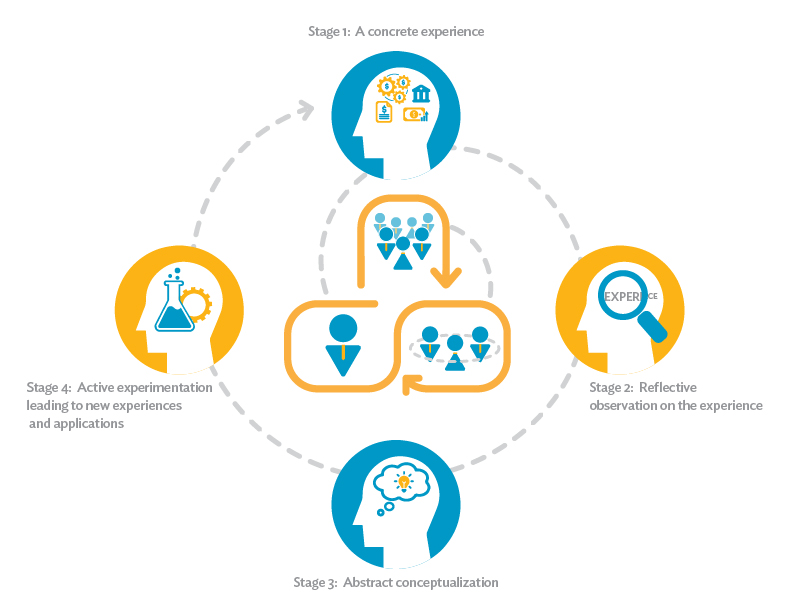The program is 10 months long consisting of 4 months of substantive classroom and group learning followed by 6 months of practical application of these new skills in the financial sector.
The 4 month substantive course will be divided into four subject matter modules.
Module 1: Earnings & Careers
![]()
This 3 week long module focuses on learning the unique characteristics of the Indonesian economy; managing one’s own personal finances and budgeting for a small business. There is also an exploration of career paths in the financial services sector. Group learning activities include developing interviewing skills and advising micro and small businesses. This module will also include a career fair with the participation of financial services providers.
Group learning activities include developing interviewing skills and advising micro and small businesses. This module will also include a career fair with the participation of financial services providers.
Module 2: Money and Systems of Exchange
![]()
This 5 week long module explores how people create and use systems of exchange and the essential components of a system that serves the needs of all members of society. Group learning activities include studying global examples of systems of exchange and creating a system for Indonesian youth.
Group learning activities include studying global examples of systems of exchange and creating a system for Indonesian youth.
Module 3: Financial Eco-System
![]()
This 5 week long module explores the function of the primary actors in the financial system, their interactions, including how they are regulated, and how they impact the Indonesian economy.
Group learning activities include creating a visual representation of Indonesian financial eco-system, and designing a financial service for an underserved population. Students will design their own financial service, product or institution to fill the perceived gap, and by implementing their new design, and then study the functionality and efficacy of their new financial service/product or initiative in the marketplace.
Module 4: Finance as a Tool for Sustainable Development
![]()
This 3 week long module focuses on the critical challenges to sustainable development in Indonesia from the perspective of Indonesian youth, and how finance can be used as a tool to achieve the SDGs. Also addressed will be how to achieve youth financial inclusion in Indonesia.
Group learning activities include reviewing the youth financial inclusion strategy, prioritizing SDGs for Indonesia and proposing a solution to several of its most pressing development challenges.
Upon completion of the 4 month substantive course, students will be placed with a financial institution, technology company, or regulator for an internship to apply their new skills and gain further experience. Students may also choose to continue working and expanding on a project developed during their initial 4 months of study, such as developing a financial product or service, as part of an entrepreneurial venture.
Pedagogy
The course will be delivered in an experiential manner described by pedagogy expert, David Kolb as a four stage learning process:

The cycle of learning will repeat and inspire the students to grow and do more and different things. Most importantly it will prepare youth to adapt and to learn how to learn in a rapidly changing digitalized financial world.


